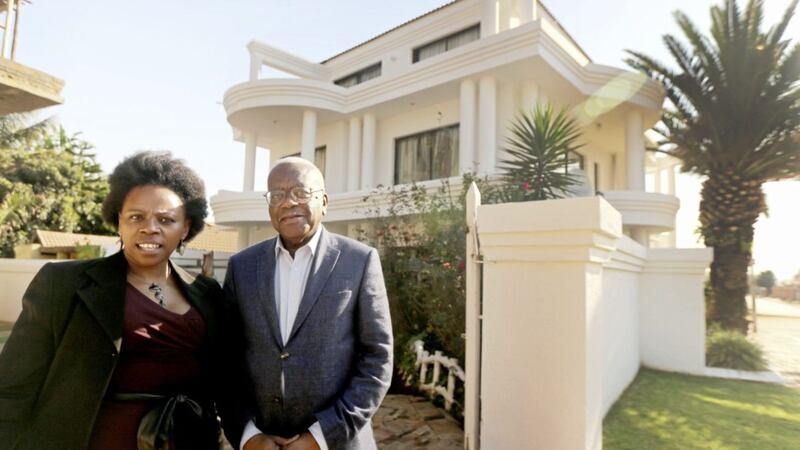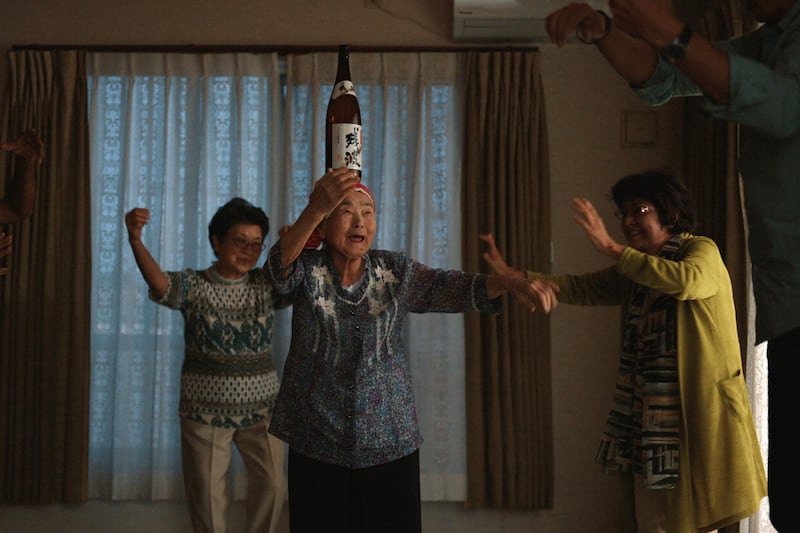RTE Investigates: Ireland’s Wild Waste, RTE 1, Monday at 9.35pm
Irish people have never had a problem with our rubbish.
We tended to leave it wherever we wanted; on the street, on the beach and in the fields.
European regulations meant we had to clean up our act but two things have caused huge problems in the Republic.
First, the exponential increase in food packing in recent decades has, despite improved levels of recycling, created more rubbish. And secondly the disastrous move to privatise domestic waste collection in the 1990s.
That decision was driven by the parlous state of council finances which began with the 1977 decision to abolish household rates.
With councils unable to strike budgets because of a lack of money, they outsourced waste collection.
From a financial stand point it was a sensible decision, but it changed fundamentally the state’s responsibility to the environment.
RTE Investigates presented the disastrous results of making commercial organisations responsible for our waste.
In a six month investigation, which was a credit to public service broadcasting, RTE identified the west coast and the border as having the worst problems.
From Connemara to Donegal there were illegal dumping sites, where commercial organisation flouted the law and ruined the environment.
Donegal was identified as the worst offender, with the lure of collecting fees for household waste and then dumping it illegally on your land too tempting for some.
The financial gains from this are significant when you don’t have the cost of sorting the waste and disposing of it responsibly and safely.
Of course, there are state bodies which licence and monitor the waste companies’ behaviour but we discovered that in many instances the fines have been insignificant and repeat offenders have retained their licences.
The situation in Northern Ireland is better but it hasn't completely avoided these problems – some roads on the outskirts of north Belfast being an example of horrible fly-tipping – but it should be a lesson to councils of the destruction which awaits if they are tempted to outsource waste collection.
***
Trevor McDonald: Return to South Africa, ITV, Tuesday at 9pm
Retired news presenter Trevor McDonald went to South Africa to mark what would have been Nelson Mandela’s 100th birthday and remind us that he got the scoop interview with the ANC leader after he was released from prison in 1990.
McDonald assessed South Africa on its progress 25 years after its first free and fair elections.
He saw an emerging black middle-class, but also visited the squatter camps were violence and poverty remain the defining ways of life for millions of black South Africans.
He also met white South Africans living in poverty and Afrikaans who had set up their own exclusive settlements.
Members of other gated communities were decided not by race but by affluence, which was progress of sorts.
McDonald gave the country and the ANC a ‘good, but could do better’ mark, but strangely there was no mention of corruption in a country where the president has just been removed from office and which ranks among the worst of developed nations on the corruption index.
**
World Cup, ITV and BBC, nightly
Both ITV and BBC have performed admirably so far in this excellent world cup.
It’s been a traditional format with ex-players respectfully asking and answering questions, although Roy Keane reminded us of the old times on Wednesday evening when he said he regretted not ripping Carlos Queiroz's head off at Manchester United.
The real test of professionalism though will be in the coming weeks if England keep winning.









